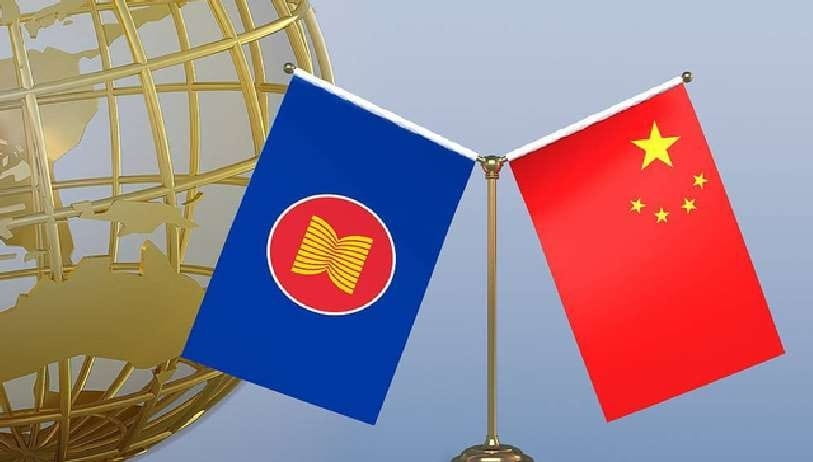On April 21, U.S. President Trump made a statement on social media, calling on countries around the world to jointly 'face China.'
Previously, he proposed that countries reduce trade ties with China in exchange for U.S. 'tax relief,' but there were few responders, and even Japan clearly stated that it 'would not make significant compromises to the U.S.'
After this statement, the international community fell silent again, and Trump immediately took drastic measures, announcing increased tariffs on Vietnam, Thailand, Malaysia, and Cambodia, with Cambodia's solar products facing a tax rate as high as 3500%, justified by 'not assisting the U.S. in relevant investigations.'
Trump's intentions are quite clear; ASEAN is China's largest trading partner, and the aforementioned four countries hold important positions within ASEAN.
Through this method, Trump attempts to pressure ASEAN to distance itself from China while also intending to show the potential consequences of 'not complying with U.S. wishes' to the world.

Although a 3500% tax rate sounds shocking, its actual impact is limited.
Since June of last year, the U.S. has canceled tariff exemptions on imports from Cambodia and other countries, causing significant damage to solar panel manufacturers in these countries.
On November 29 last year, the U.S. Department of Commerce imposed tariffs on solar products from Cambodia and other countries on the grounds of 'unfair trade,' causing Cambodia's solar product exports to the U.S. to plummet by nearly 60%, leaving only $831 million.
Therefore, Trump's tax increase this time carries more symbolic meaning, and its actual impact has greatly diminished.

Trump attempts to use tariffs to drive a wedge between ASEAN and China, but the effectiveness is minimal.
Under the U.S. tariff policy, both ASEAN and China are affected.
Recently, China has visited multiple ASEAN countries, and both sides have reached multiple cooperation agreements.
Especially Vietnam, which maintains a 'comprehensive strategic partnership' with the United States, signed more than 40 cooperation agreements with China in one day.
On the day Trump announced the tax increase, China and Vietnam announced their first joint patrol in the Gulf of Tonkin this year, with Vietnam demonstrating its position through action.

On April 18, China and Cambodia issued a joint statement, reaching cooperation intentions in areas such as railways and aviation. Recently, Malaysia and China also signed a mutual visa exemption agreement, further enhancing bilateral relations.
As for Thailand, as a long-time friendly neighbor of China, Thai Prime Minister Prayuth Chan-o-cha places great importance on China-Thailand relations. During his visit to China in February this year, he firmly stated that he would not concede regarding the U.S. tariff policy.

Overall, the relationship between China and ASEAN is stable and cannot be easily shaken by Trump.
The continued pressure from the U.S. has instead prompted closer cooperation between China and ASEAN.
At the same time, countries such as the EU, Japan, and South Korea have expressed dissatisfaction with the U.S. tariff policy and have recently communicated with China on this matter.
If Trump continues to insist on tariff pressure, he may find himself isolated and facing widespread opposition from the international community.


